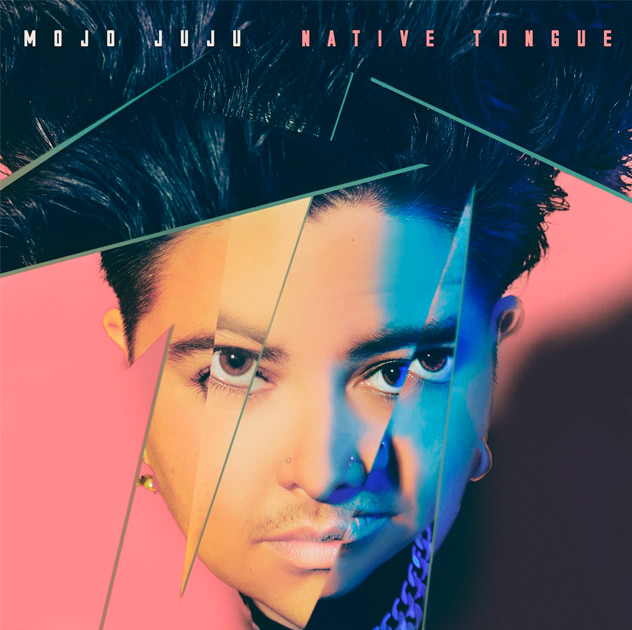With a stunning back catalogue of soulful tuns behind her, Mojo Juju is set to release her latest masterpiece Native Tongue on August 24th. The insightful mixture of soul, RnB, blues & hip hop blends together to create a seamless and authentic sound that is uniquely her own.
This time around, Juju has chosen to speak from a more personal place, frequently on the topics of identity and identity politics. The album is a journey through her reflections on where her ancestry and self image place her within modern Australia. “I had a number of experiences that kind of were the catalyst for me reflecting on what my place is in a modern Australian landscape. […] I was reflecting on my relationship with my grandparents; I’ve been thinking about as they were getting older how important it was for me to kind of make the most of this time, but also tell their stories, because their stories form who I am” she said.
“I do sort of tell some of my family’s stories on the album, but I also look at how identity can be intrinsically political. and how I think my identity as someone of mixed heritage as a first nation’s person but also someone … you know, my dad’s an immigrant from the Philippines as well, so it’s an interesting kind of position, to be in when speaking about what it means to be an Australian or who I am.”
Listen: Mojo Juju – Native Tongue

She mentions that she’s avoided politicising her music for a number of years due to being discouraged by those around her. “The people around me from within the industry were like, “It alienates your audience. Please don’t do that.” And so I really took that to heart. But as I got older, I realised, you know, who I am and how I am in the world, just like even visibly, is inherently political. Other people were projecting their preconceived notions and assumptions about who I am and how I am onto me, and I realised… actually, maybe it’s not enough to just be visible. I didn’t want to do it in a way that was didactic or alienating. I wanted to do it in a way that was extremely personal and in a way that people can relate to what I’m saying, because I’m just speaking about how I am.”
Although she now chooses to use her platform to send a political message and advocate for social change, she continues to re-iterate that she can only speak on behalf of herself and to her own experiences. “I would never assume to speak on behalf of other people, because the experiences of first nation’s people or mixed-race people or immigrants, are so varied. I can’t speak for everyone and yeah, no, I would never ever assume to. I can only speak for myself.”
‘Native Tongue’ is out August 24th through ABC Music / Universal


































